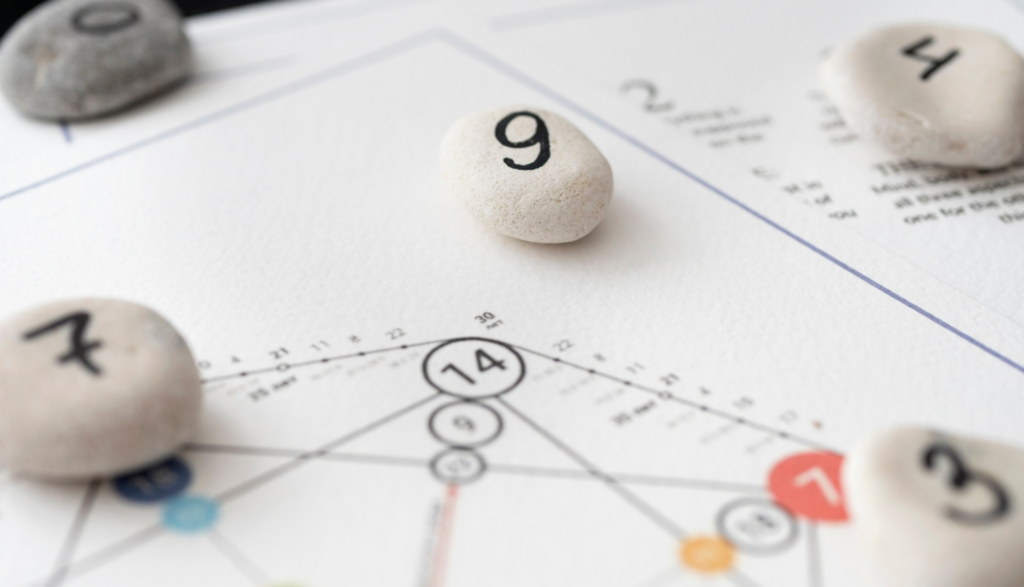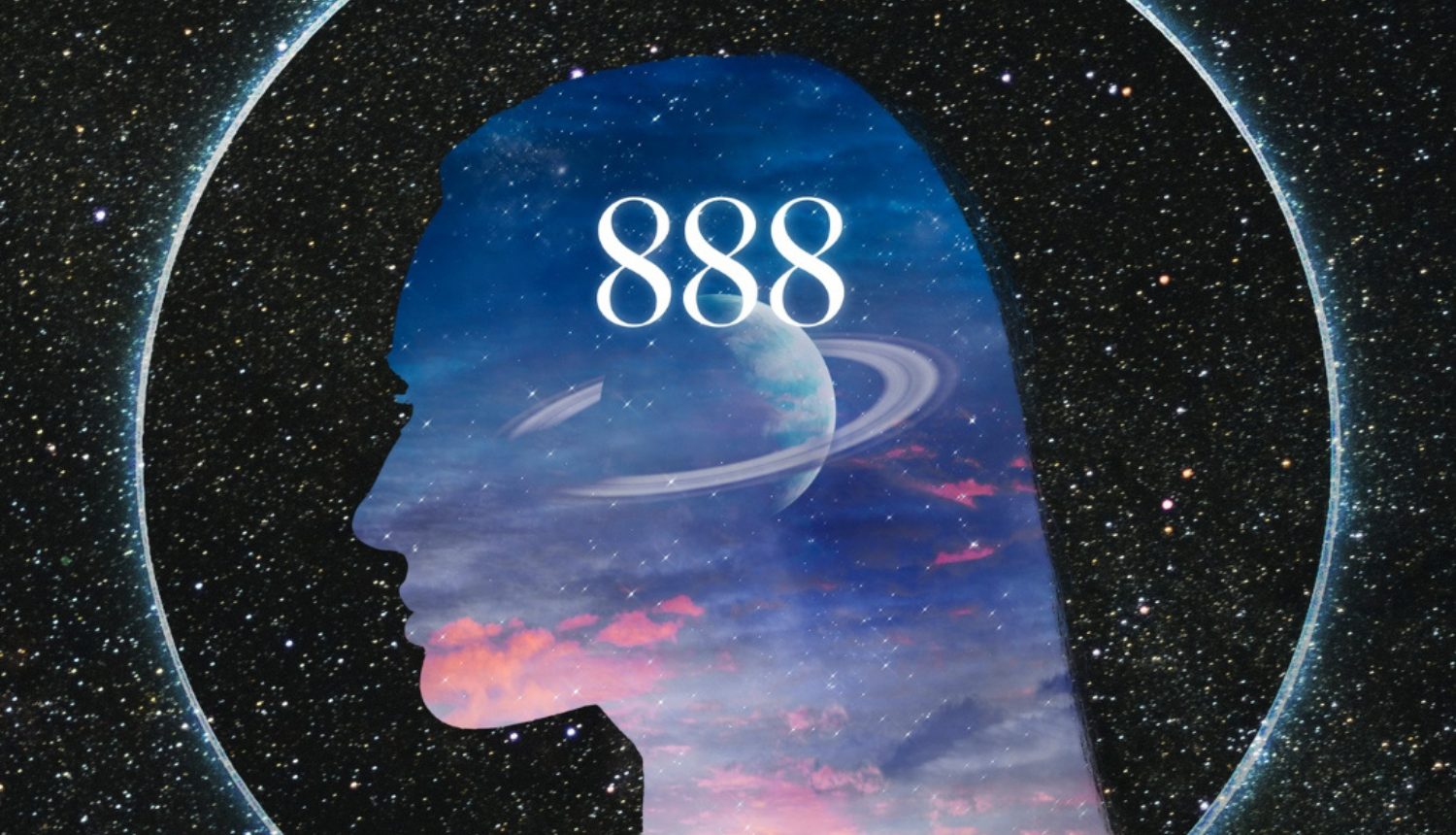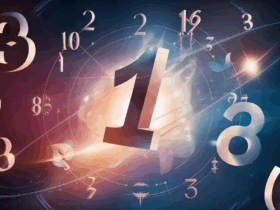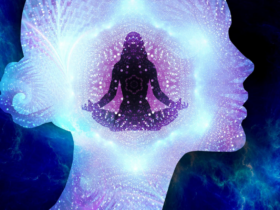Numerology, the belief in a mystical relationship between numbers and events or characteristics, has captivated human minds for centuries. This fascination taps into our innate desire to find patterns and meaning in the world around us.
At its core, numerology appeals to our cognitive biases. Humans are naturally inclined to seek order in chaos, a tendency known as apophenia. This inclination helps us navigate a complex world, but it can also lead us to perceive significance where there is none. Numbers, with their inherent structure and universal presence, become ideal candidates for this search for meaning.
Culturally, numbers often carry symbolic weight. For example, the number seven is frequently seen as lucky or mystical across various cultures and religions. These shared beliefs reinforce our perceptions, creating a feedback loop that strengthens the perceived significance of certain numbers.

Psychologically, numerology can offer comfort and a sense of control. In uncertain times, turning to numerology can provide a semblance of predictability and reassurance. It can be particularly appealing when making decisions or seeking guidance, giving a sense of direction in an otherwise unpredictable world.
Moreover, the personalization aspect of numerology—such as assigning meanings to birth dates or names—can enhance its appeal. It provides a framework for self-reflection and understanding, offering insights into one’s personality and life path.
Related: Finding Your Ideal Natural Retreat Based on Numerology
In essence, numerology’s allure lies in its ability to fulfill our psychological need for order, meaning, and self-knowledge. While it may not hold scientific validity, its impact on human behavior and thought is undeniable, reflecting our deep-seated desire to make sense of the universe through the lens of numbers.





















